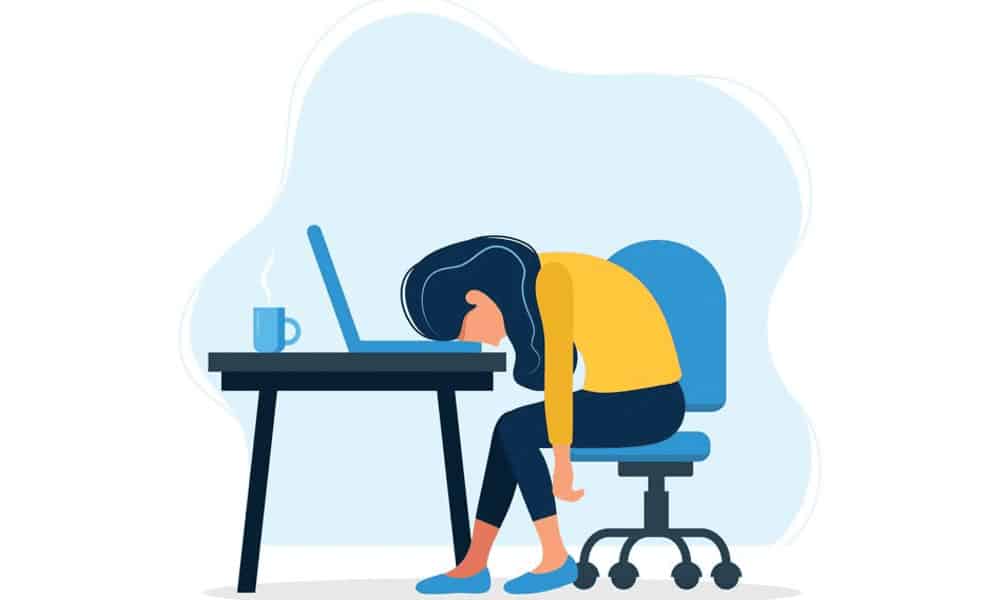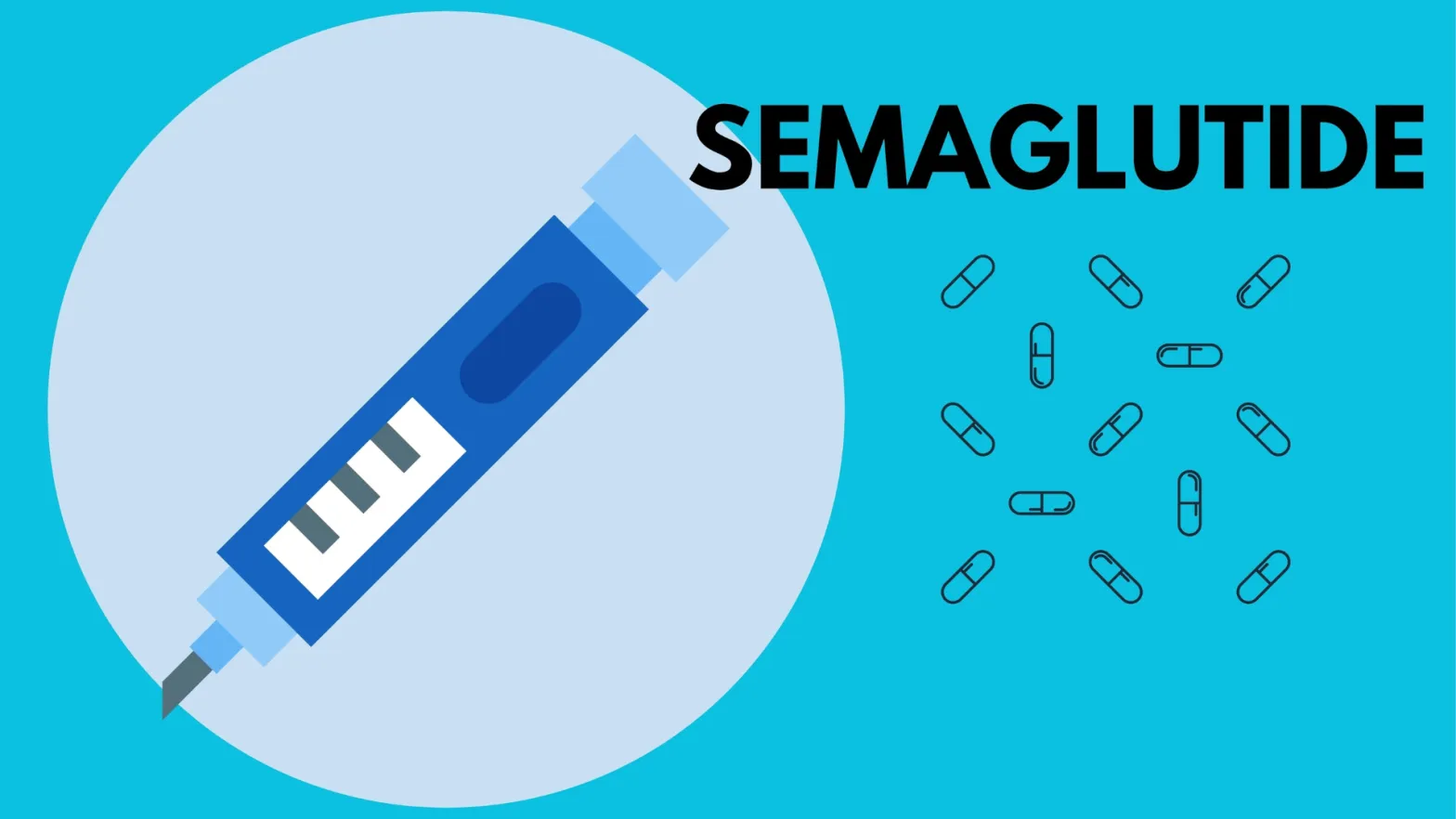Fatigue after COVID is a real issue. Here are 5 things you can do about it!
Fatigue is more than being worn out or sleepy. It is excessive tiredness that persists despite resting or good sleep. It’s likely a result of our body’s strong immune response to the virus.
But in some people, the fatigue drags on even when the infection is gone. This can be debilitating and frustrating. Simply resting more makes no difference.
The difference between tiredness and fatigue is this: Tiredness can get better with enough rest, while fatigue persists even if someone is sleeping and resting more than ever.
There are many potential causes of fatigue. Even before the pandemic, fatigue is one of the most common reasons people go to see their primary care doctor.
If your fatigue is getting worse rather than better, or you cannot care for yourself properly, or you cannot perform needed daily activities to live, you really should see your primary care doctor. At Pandya Medical Center, our physicians are able to fully assess for different causes of fatigue and then help you develop a comprehensive, multi-tiered approach to treating your fatigue.
Here are five things we know can help with fatigue:
1. Pace yourself: Adjust the return to normal activities to your energy levels. Choose your priorities and focus on what you can do rather than what you can’t. Keep a daily journal for reference and to track your progress.
2. Return to exercise gradually: A slow, gradual return to exercise will help your recovery, but you may need some support about how to manage or avoid fatigue afterward. Even if your pre-covid exercise regimen included a daily 5-mile run on top of strength training a few times a week, we have found that everyone, no matter the level of fitness, requires an exercise reset. The exercise reset allows time for you to build up your respiratory endurance and exercise endurance. Some people will progress quicker than
others but we recommend starting a 10-minute walk two different times a day. You will gradually progress by adding 5minutes to each walk every week until you can walk 45-60minutes daily, without fatigue or getting winded. From this point, you can gradually increase the pace and add strength training back into your routine, starting out with bodyweight, then low weight, and so on. This approach will allow your lungs and your body to continue to recover from covid while working on your endurance. If you feel stuck, or do not know where to begin, some therapists – occupational therapists, physiotherapists,
and exercise physiologists – specialize in this. Ask your primary care doctor for a recommendation.
3. Prioritize sleep: Rather than feeling guilty about sleeping so much, remind yourself that while you sleep, your body conserves energy and heals. Disrupted sleep patterns are an unfortunate COVID symptom. Having a strict bedtime, while also resting when you feel tired for a preset time during the day, is important. Limit naps to 30-45min once daily before 2 pm so as not to further aggravate nightly sleep disturbances. Talk to one of our providers at Pandya Medical Center for additional suggestions to help
you reset your sleep-wake cycle.
4. Eat a range of nutritious foods: Loss of smell, taste, and appetite from COVID can make this tricky. However, try to view food as a way of fueling your body with both energy and the micronutrients/macronutrients it needs to heal. As a general rule of thumb, make sure you incorporate protein and lots of fresh vegetables into your meals. For a more comprehensive and personalized approach, Pandya Medical Center offers an integrated approach with certified nutritionists who will work closely with you and your doctor to tailor a meal plan oriented to your goals to optimize energy, manage stress, and combat fatigue through food and nutritional support.
5. Monitor your fatigue: Journal your day to include your level of fatigue, activities, food, and sleep. You can also include resting heart rate and blood pressure if you have the equipment at home to do so. Look for a gradual improvement. You will have good days and bad days, but overall there should be a slow trajectory towards recovery. If you are going backward, get input from your doctor.
*Always remember, if you have any shortness of breath, difficulty breathing, or chest pain associated with your fatigue, reach out to your medical provider immediately.




